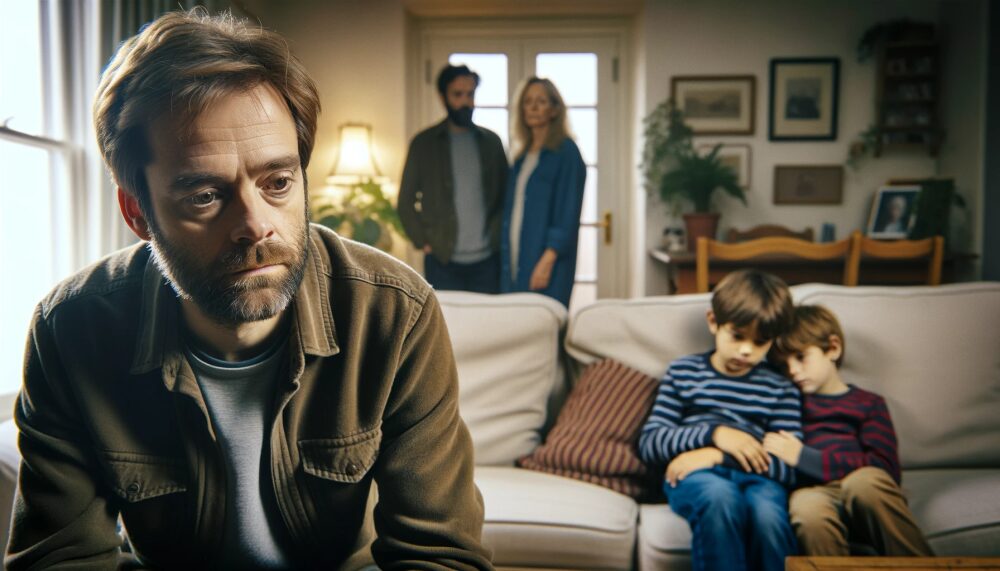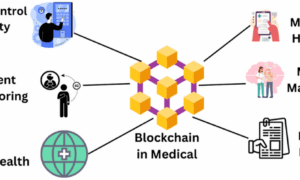Having a fight over child custody can be one of the most stressful and upsetting times for any family. The effects of such disputes are not limited to the parents involved; children often bear the brunt of these legal battles. Whether the custody arrangement is joint, sole, or temporary, the mental and emotional well-being of children can be significantly impacted. Understanding these effects and how to minimize harm is essential in ensuring that children can thrive despite the challenges posed by child custody proceedings.
Emotional Stress and Anxiety
One of the most immediate impacts of a child custody dispute is the emotional stress it places on children. Children may experience anxiety about the uncertainty of their living situation, especially if there is a significant change in where they live or who they live with. They may worry about their parents’ well-being or fear that the custody arrangement could disrupt their routine and stability. A custody disagreement can have a negative effect on a person’s emotions, which can show up in many ways, such as changes in behavior, pulling away from social activities, or having trouble focusing at school.
Kids often feel pulled between their parents, which can make them feel confused and guilty. This situation may cause them to feel as though they are being forced to choose sides, which can further affect their emotional state. When parents are involved in a contentious custody battle, children may struggle to express their emotions as they may fear that doing so could further complicate the situation or make one parent upset.
Behavioral Changes and Academic Struggles
Child custody battles can be very hard on kids’ emotions, which can affect how well they do in school and in their behavior. As kids deal with the stress of living in two homes or getting used to new habits, they might have mood swings, act out, or even become depressed. They might act out in ways they didn’t before, like acting out at school or pulling away from their teachers and friends.
Having trouble in school is another common result. Anxiety and stress can make it hard for a child to concentrate, which could hurt how well they do in school. Children may also feel stressed when they have to adjust to new places and possibly deal with parents who have different parenting styles. To help their kids deal with these problems, parents need to know how important it is to keep a stable pattern and be there for them emotionally during this time.
Long-Term Mental Health Effects
Child custody battles have big effects right away, but it’s also important to think about how they will affect kids’ mental health in the long run. Children who are exposed to a lot of fighting during custody battles are more likely to develop mental health problems like PTSD, sadness, and anxiety, according to research. When parents fight over custody, the emotional scars can last for a long time after the case is over. This can make it harder for the child to make good relationships and control their emotions as an adult.
Children who think that the problems in their parents’ relationship have caused them to be emotionally troubled may have problems with feeling betrayed or abandoned. As they get older, these unanswered feelings can make it harder for them to trust others and hurt their mental health in general. Children may also become afraid of strife or have trouble with their own relationships because they are still feeling the effects of their parents’ custody battle.
The Role of Legal Services in Protecting Children’s Interests
Because child custody battles can have a big effect on kids’ mental health, it is very important to focus on the child’s well-being during these cases. It is very important for lawyers, like those who work for McIntosh Lawyers legal services, to look out for what is best for the child. A skilled legal team can help parents get through the complicated process of child custody cases while making sure the child’s social and mental needs are met first.
Lawyers who focus on family law know how to handle the complexities of parenting cases, including how they might affect children. They can help settle disagreements, suggest parenting plans that promote stability and mental safety, and, if necessary, speak up for children in court. Lawyers can also suggest family therapy or counseling to help kids deal with the mental problems that come up when their parents’ custody changes.
Conclusion
Child custody disputes are inherently stressful for families, and their impact on children’s mental health should never be underestimated. Parents must work together to minimize the emotional and psychological effects on their children by creating stable, supportive environments. Legal professionals, like McIntosh Lawyers legal services, are essential in guiding families through this process with a focus on what’s best for the child. Through careful consideration and professional legal support, it is possible to navigate child custody issues in a way that prioritizes the mental and emotional well-being of the children involved.



































